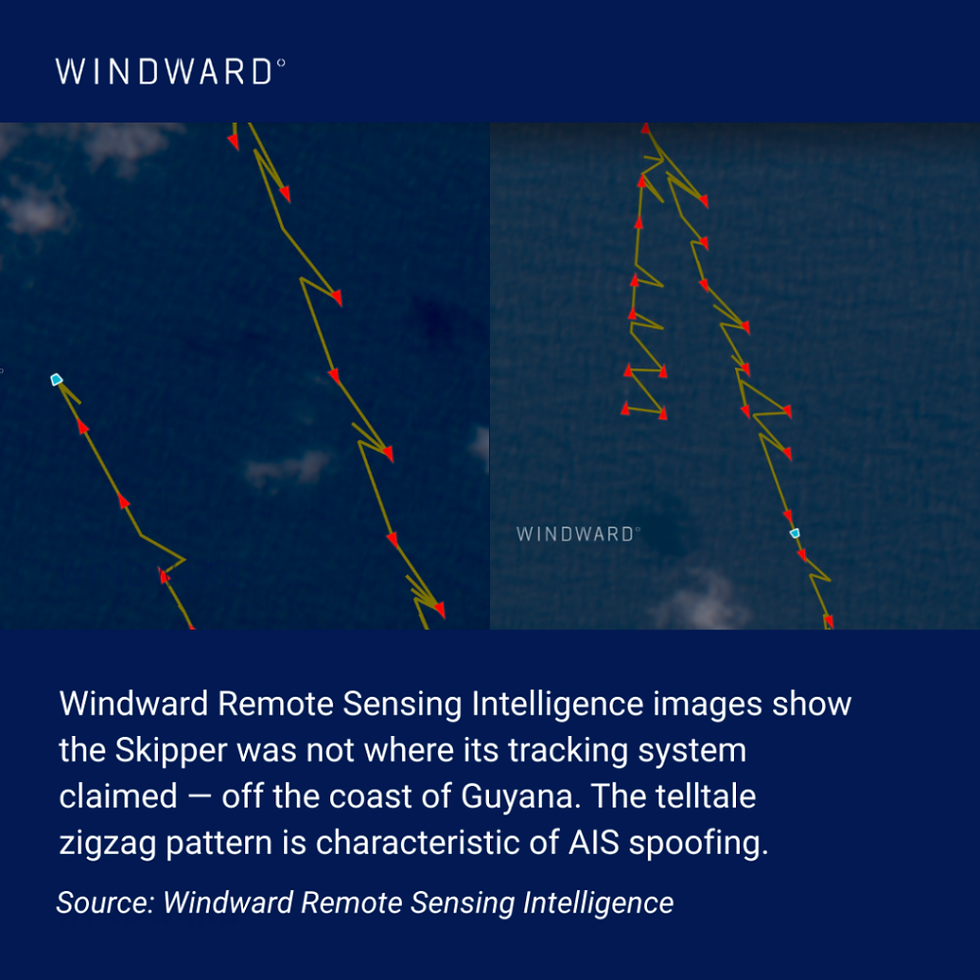The BIG Deal
- zarra6
- Nov 6, 2025
- 2 min read
06 November 2025 POTEN & PARTNERS, a division of BGC Group
What does the US-China trade deal mean for tankers?
Over the last 8 months, we have written several Opinions about the U.S. port fees on Chinese owned and built ships. In February, when these fees were first proposed, we wrote ‘Chinese Shipping in The Crosshairs’; followed by several updates as the fees and exemptions were amended in reaction to public comments (e.g. ‘Make America Build Ships Again’) and most recently earlier this month when China announced a similar structure against U.S. owned and built ships in ‘When the Ships Hit The Fan’. This week, the playing field changed again as negotiations between the U.S. and China have resulted in a one year truce in the trade disputes between the two countries.

The deal includes a suspension of the U.S. port fees and as a result also the suspension of the Chinese fees on U.S. owned and operated ships. While the full details of the deal have not been released yet, it includes the resumption of halted Chinese imports of soybeans, which caused significant hardship for U.S. farmers. More important to the tanker market, President Trump also mentioned that China will resume purchases of U.S energy and the potential of a large-scale energy transaction involving oil and gas from Alaska. It is unclear if this Alaska project would involve oil and gas exports, but it is believed that it relates to a potential new gas field. It is likely that China will also resume buying crude oil from the U.S. Gulf.
Both the port fees in the U.S. and the ones in China went into effect on October 14. The U.S port fees had been announced several months earlier, so owners could adjust for the upcoming changes. However, the Chinese port fees on U.S. owned and operated ships were announced only days prior to October 14 and likely caused U.S. listed owners some headaches in what to do with vessels that were heading to China.

There are reports of delays at Chinese ports which are likely caused by a combination of recently announced U.S. sanctions on some ports and possibly also due to the port fees on U.S. owners. Tanker voyage open market fixing took a break for a couple of days to digest the possible impact, but the market resumed thereafter. The main impact after Oct 14 was on Aframax and Suezmax rates (see chart 2), probably more due to a change in sentiment than pure supply-demand changes. While the suspension of these fees is very relevant for owners of targeted tonnage, the deferral will most likely only have a minor negative impact on the general freight market as the fees would have led to additional market fragmentation and inefficiencies. The fees would have been high enough to make ships owned by Chinese owners uncompetitive in U.S markets and U.S. owned shipsuncompetitive in Chinese markets, reducing the pool of available tonnage for charterers.
How we can help:
Submit your requirement - A member of the team will reach out within 24 hours.
Book a call with the team - Explore which of our 200+ data and analytics solutions align with your needs.
Click here to subscribe on LinkedIn: https://lnkd.in/exwPBCNG




Comments